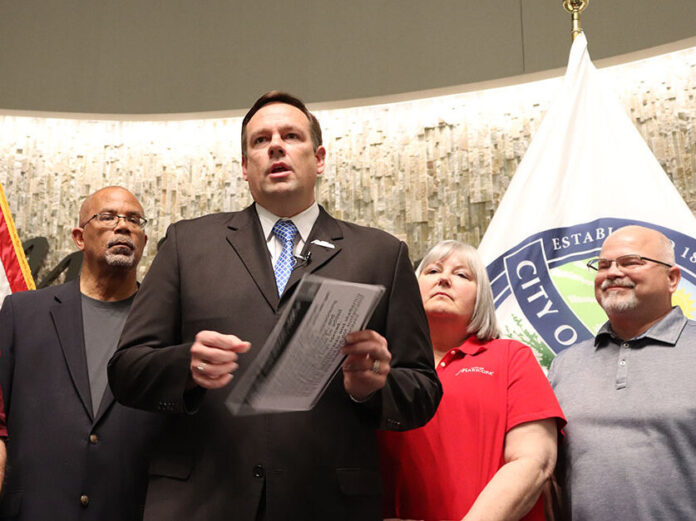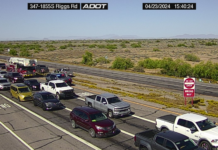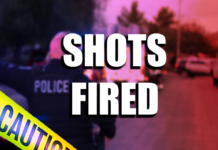
Mayor Christian Price will rescind his Declaration of Emergency for the pandemic on Saturday, one year to the day after it was enacted.
The action will revoke the emergency powers that accompanied the declaration.
“While nothing was ever done outside the scope of ‘majority consent’ by the full Maricopa City Council, I believe that returning to the intended structure of governance is what is needed more than ever at this time,” Price said in a statement announcing the rescission. “I sincerely appreciate our wise city council’s past and present, who trusted me with these authorities and burdens, to use them wisely and cautiously, but to give them back to the people when the moment was right. I/we believe that time is now.”
The city may be the first in the state to rescind a Declaration of Emergency passed last year when the coronavirus pandemic took hold across the state and country.
“To my knowledge, we are the first,” said Dale Wiebusch, intergovernmental affairs director for the City of Maricopa. “I certainly haven’t heard of anybody doing it.”
Price noted that his action does not mean the city is no longer subject to the executive orders of Gov. Doug Ducey. Nor is it a green light to act with “reckless abandon,” he said.
“I hope this helps inspire our citizens to have hope and excitement for an upcoming bright future with a leveled sense of a return to normality,” Price said, encouraging residents to continue with a “measured approach” to the pandemic by following sensible CDC guidelines of social distancing, wearing masks when unable to social distance, maintaining good hygiene and following the science.
“We can progress forward into this new year and new decade with a bright vision for our future here in the City of Maricopa,” he said.
COVID-19 CASES DECLINE
Price declared an emergency in the city on March 20, 2020, in response to the community spread of COVID-19. Nine days earlier, Ducey had declared a state of emergency amid an outbreak of cases in the state. Two days after Ducey’s action, then-President Donald Trump declared a national emergency.
The city proclamation authorized the mayor or City Manager Rick Horst to close its public buildings, limit hours, and cancel or postpone events. It also authorized Horst to obtain financial aid as well as relief and assistance from federal, state and county authorities.
The declaration reiterated Ducey’s earlier order closing bars, movie theaters and gyms and limiting restaurants to drive-through, curbside pickup or delivery.
The city gradually reduced, canceled or closed programs and buildings, including Copper Sky, City Hall and the library. At the time, Price said he had heard from many residents, some saying the city was overreacting to the public health emergency and others saying the city wasn’t doing enough.
Many residents were particularly unhappy that Copper Sky was closed down. By the end of April 2020, some parks and recreational facilities had begun to reopen.
With vaccination programs beginning in late 2020 and ramping up the first three months of this year – more than 2.5 million doses have been allocated statewide as of March 15, the rate of infection has fallen in the state.
Earlier this month, Ducey lifted occupancy restrictions for all businesses in the state.







![Who’s the Best Mom InMaricopa? Nominate now! Marlene Marshall, Christina Olivares, and Meghan Bremer. [Bryan Mordt]](https://www.inmaricopa.com/wp-content/uploads/2023/05/BCM_8465-218x150.jpg)





![Alleged car thief released without charges Phoenix police stop a stolen vehicle on April 20, 2024. [Facebook]](https://www.inmaricopa.com/wp-content/uploads/2024/04/IMG_5040-218x150.jpg)




During these crazy uncertain times, when it’s hard to believe what source you are listening to. I am so grateful for Mayor Price and our city council. I trust them and I feel blessed to have their leadership in our town.